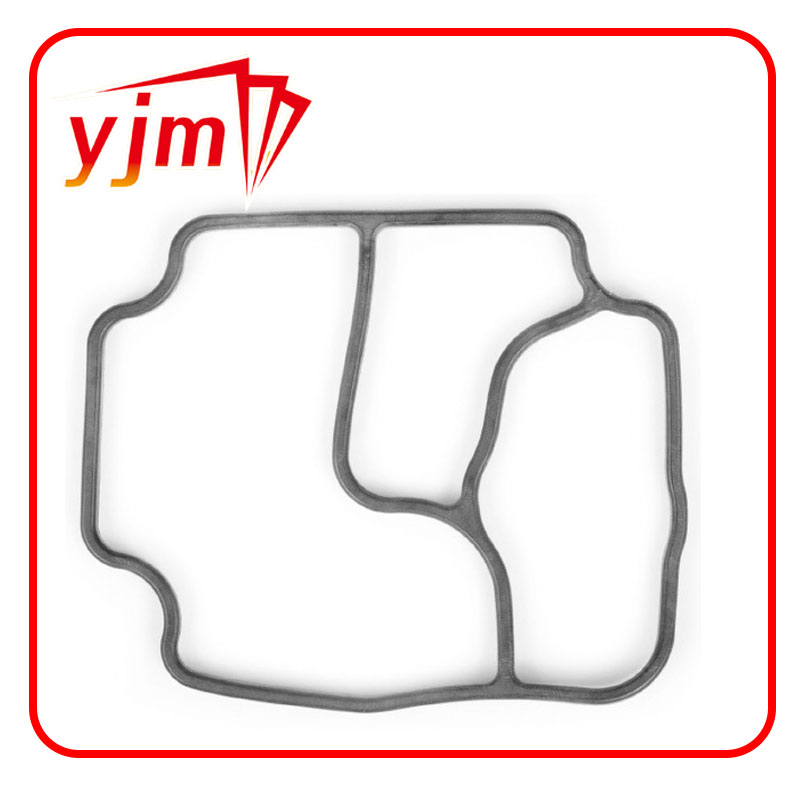fuel filter drain plug
Understanding the Importance of Fuel Filter Drain Plug Maintenance
In the intricate world of automotive maintenance, the fuel filter plays a pivotal role in ensuring the smooth operation of internal combustion engines. One often overlooked but crucial component of the fuel filter system is the fuel filter drain plug. While many car owners focus primarily on replacing fuel filters, understanding the function and maintenance of the drain plug can greatly extend the life of your vehicle’s fuel system and improve engine performance.
What is a Fuel Filter Drain Plug?
The fuel filter drain plug is a small but significant feature found on many fuel filters. Its primary purpose is to allow for the expulsion of accumulated contaminants and water that can settle at the bottom of the filter. Over time, as fuel flows through the filter, impurities such as dirt, rust, and moisture can build up. If left unchecked, these contaminants can lead to fuel system inefficiency, reduced engine performance, and even severe damage to engine components.
Importance of Regular Maintenance
Regular maintenance of the fuel filter drain plug is essential. Depending on the vehicle’s usage and environment, contaminants can accumulate quickly. Routine inspections should include checking the condition of the drain plug as well as ensuring it is functioning correctly. If the drain plug is clogged or damaged, it can prevent contaminants and moisture from being expelled, leading to an increased risk of fuel filter blockage, poor engine performance, and potential engine wear.
How to Maintain the Fuel Filter Drain Plug
fuel filter drain plug

1. Regular Inspections During routine vehicle inspections or oil changes, always check the fuel filter and the drain plug. Look for signs of corrosion, damage, or leaks. A visual inspection can help identify potential issues before they become significant problems.
2. Periodic Draining If your vehicle is equipped with a drain plug, it is advisable to drain the fuel filter periodically. This process can often be done at the same time as an oil change. Typically, draining the filter involves carefully opening the drain plug and allowing any accumulated water and contaminants to escape. Always have a suitable container ready to catch the expelled fluids.
3. Replacement If you notice that the drain plug is damaged or corroded, it’s crucial to replace it. A compromised drain plug can lead to leaks and other issues that may require more extensive repairs. Always consult your vehicle’s manufacturer guidelines for recommendations regarding replacement parts.
4. Use Quality Fuel Many fuel-related issues stem from the quality of the fuel being used. Low-quality fuel can contain more impurities that contribute to quicker accumulation in the fuel filter. Opting for high-quality fuel can minimize the burden on your fuel filter and drain plug.
Conclusion
In summary, the fuel filter drain plug may seem like a minor component in the larger framework of your vehicle’s fuel system, but it plays a vital role in prolonging the life of the fuel filter and enhancing engine performance. Regular maintenance, including inspections, periodic draining, and prompt replacement when necessary, should be integral to every car owner’s routine vehicle care. By paying attention to this small yet crucial aspect of your fuel system, you can save yourself from potential headaches down the line, ensuring a longer-lasting and more efficient engine. Remember, a well-maintained vehicle is not just about performance but also about reliability and longevity.
-
Everything You Need to Know About Oil Pan Gaskets and Drain Plug Seals
News Aug.01,2025
-
Essential for Car Owners: How to Use a Car Repair Kit to Deal with Minor Breakdown
News Aug.01,2025
-
Comprehensive Guide to Engine Oil Sump Gaskets and Related Seals
News Aug.01,2025
-
The Ultimate Guide to Boat Propeller Bearings and Trailer Wheel Bearings
News Jul.31,2025
-
The Essential Guide to Marine Bearings and Boat Trailer Wheel Bearings
News Jul.31,2025
-
The Complete Guide to Heavy Duty Seals: Protecting Doors and Spaces Efficiently
News Jul.31,2025
-
Essential Guide to Marine Shaft Bearings and Boat Trailer Axle Bearings
News Jul.31,2025
Products categories















